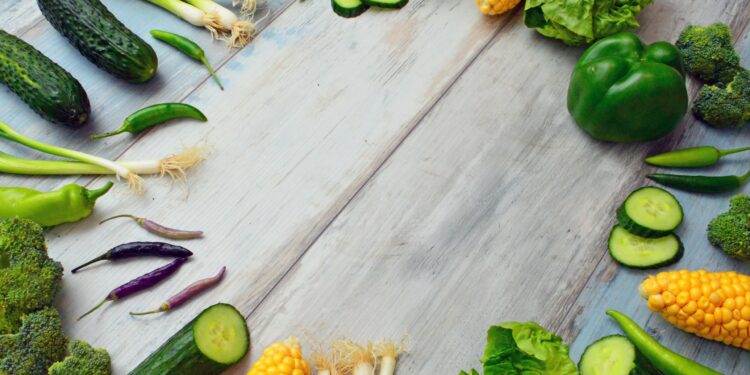What is Clean Eating?
Clean eating isn’t about restriction or deprivation—it’s about choosing whole, minimally processed foods that provide maximum nutritional benefits. Think of it as eating foods as close to their natural state as possible.
Core Principles of Clean Eating
1. Choose Whole Foods
- Fruits & Vegetables: Fresh or frozen, without added sauces or sugars
- Whole Grains: Brown rice, quinoa, oats, barley
- Lean Proteins: Fish, chicken, turkey, beans, lentils
- Healthy Fats: Avocados, nuts, seeds, olive oil
- Natural Dairy: Plain yoghurt, milk, cheese (if tolerated)
2. Avoid Processed Foods
Foods to Minimise:
- Packaged snacks
- Sugary drinks
- Processed meats
- Refined grains
- Artificial sweeteners
- Pre-made sauces and dressings
3. Read Labels Carefully
Red Flag Ingredients:
- High fructose corn syrup
- Artificial colors (Red 40, Yellow 5, etc.)
- MSG (monosodium glutamate)
- Hydrogenated oils
- Added sugars
- Preservatives (BHA, BHT, sulfites)
Getting Started: Your 4-Week Plan
Week 1: Foundation
- Replace sugary beverages with water, unsweetened tea, or infused water
- Swap white grains for whole grains
- Add one serving of vegetables to each meal
- Clean out your pantry of heavily processed foods
Week 2: Building Habits
- Start meal planning
- Learn to read nutrition labels
- Replace processed snacks with whole-food alternatives
- Begin cooking more meals at home
Week 3: Advanced Steps
- Experiment with new whole foods
- Try meal prepping
- Make homemade versions of favourite dressings and sauces
- Start a food journal to track how you feel
Week 4: Lifestyle Integration
- Fine-tune your grocery shopping routine
- Develop a repertoire of clean-eating recipes
- Create strategies for eating out
- Establish sustainable long-term habits
Practical Tips for Success
Smart Shopping
- Shop the perimeter of the grocery store
- Buy in season for better prices and nutrition
- Consider frozen fruits and vegetables
- Plan meals before shopping
- Never shop hungry
Meal Prep Basics
- Wash and cut vegetables in advance
- Cook grains in batches
- Prepare proteins for multiple meals
- Make big batches of clean snacks
- Store prepared ingredients properly
Clean Eating on a Budget
- Buy in bulk
- Use seasonal produce
- Consider frozen options
- Shop at farmers’ markets
- Plan meals around sales
- Reduce food waste through proper storage
Sample Day of Clean Eating
Breakfast
- Overnight oats with berries and nuts
- Green tea
Mid-Morning Snack
- Apple slices with almond butter
- Raw almonds
Lunch
- Quinoa bowl with:
- Roasted vegetables
- Grilled chicken
- Olive oil dressing
- Seeds
Afternoon Snack
- Carrot sticks with hummus
- Green smoothie
Dinner
- Baked salmon
- Sweet potato
- Steamed broccoli
- Mixed green salad
Common Challenges and Solutions
Challenge 1: Time Constraints
Solutions:
- Meal prep on weekends
- Use a slow cooker or pressure cooker
- Keep quick, clean options on hand
- Prepare extra for leftovers
Challenge 2: Budget Concerns
Solutions:
- Buy in bulk
- Choose seasonal produce
- Use frozen fruits/vegetables
- Cook beans from dry
- Plan meals around sales
Challenge 3: Family Resistance
Solutions:
- Make gradual changes
- Include familiar favourites
- Get family involved in cooking
- Make food fun and appealing
- Don’t force changes
Benefits You May Experience
- Increased energy
- Better sleep
- Improved digestion
- Clearer skin
- Weight management
- Enhanced mental clarity
- Stronger immune system
- Better mood stability
Important Reminders
- Progress Over Perfection
- Small changes add up
- Don’t stress about being perfect
- Focus on consistent improvement
- Listen to Your Body
- Pay attention to how foods make you feel
- Adjust portions based on hunger
- Stay hydrated
- Sustainability is Key
- Make realistic changes
- Find what works for your lifestyle
- Create habits you can maintain
Conclusion
Clean eating is a journey, not a destination. Start with small changes, be patient with yourself, and remember that every healthy choice counts. Focus on adding nutritious foods rather than restricting, and let your body guide you toward what makes you feel your best.
Remember: Before making significant changes to your diet, consult with a healthcare provider, especially if you have any medical conditions or take medications.















